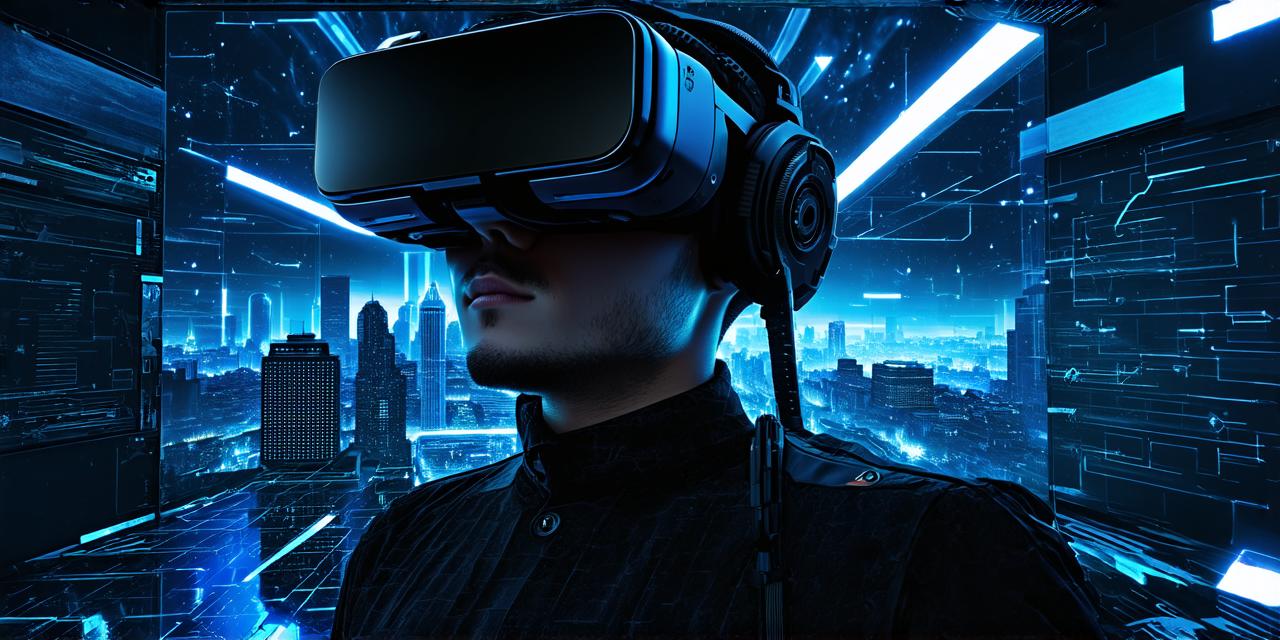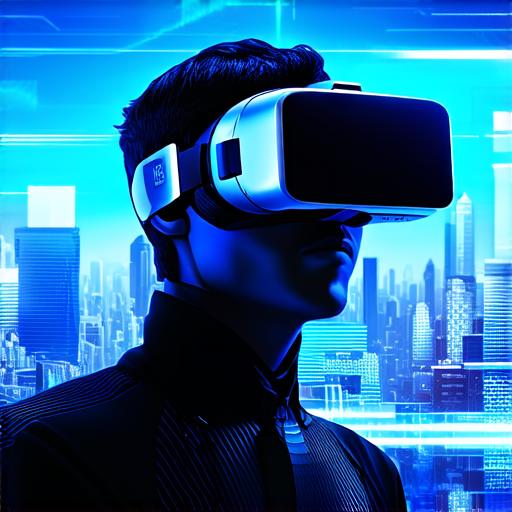
What individuals perceive about virtual reality

Introduction:
Virtual reality (VR) is a rapidly growing technology that has gained popularity in recent years. It allows users to experience immersive, interactive environments that simulate real-world scenarios or create entirely new ones. In this article, we will explore what individuals perceive about virtual reality and how it affects their experiences.
Perception of Virtual Reality:
Virtual reality is often associated with science fiction movies and video games. However, as the technology has advanced, people are starting to see its potential in various fields such as education, healthcare, and entertainment. According to a survey by PwC, 65% of people believe that virtual reality will change the way they work, and 71% think it will change the way they learn.
One of the main advantages of virtual reality is its ability to create a sense of presence. Users can feel as if they are physically present in the environment being simulated. This can be particularly useful for training scenarios that would be too dangerous or costly to recreate in real life, such as medical procedures or military simulations.
Virtual reality also offers a level of customization and control that is not possible with traditional media. Users can choose their own avatar, select the environment they want to explore, and interact with objects and characters in the simulation. This level of engagement can lead to more meaningful experiences and a greater sense of immersion.
Concerns about Virtual Reality:
Despite its potential benefits, virtual reality also raises some concerns. One of the main concerns is the risk of motion sickness, which can occur when the user’s brain perceives movement that is not being experienced physically. This can lead to nausea, dizziness, and headaches.
Another concern is the potential for virtual reality to isolate users from the real world. While virtual reality can be a powerful tool for learning and exploration, it may also cause people to spend too much time in a simulated environment and neglect their real-life responsibilities.
Summary:
Virtual reality is a fascinating technology that has the potential to revolutionize the way we learn, work, and entertain ourselves. As individuals become more familiar with the technology, they are starting to see its potential for a wide range of applications. However, it is important to be aware of the potential risks and to use virtual reality in a responsible and balanced manner.


